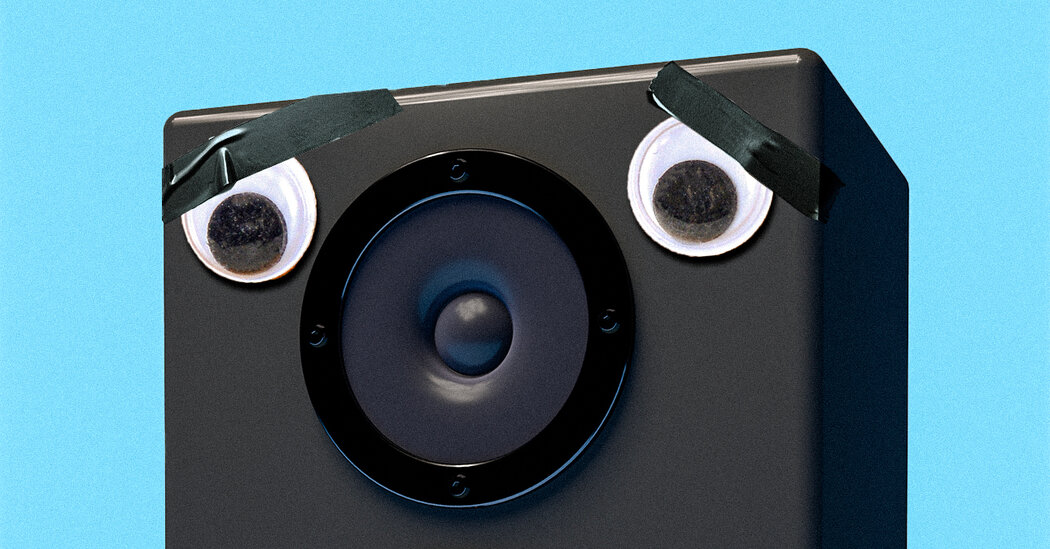

In the second part of the experiment, involving 450 new subjects, the researchers gave each participant 72 descriptions of emotional songs, which expressed feelings including “contempt,” “narcissism,” “inspiration” and “lustfulness.” For comparison, they also gave participants prompts that described a conversational interaction in which someone expressed their feelings. (For example: “An acquaintance is talking to you about their week and expresses feelings of wistfulness.”) On the whole, the emotions that subjects felt were deeply rooted to “what music is all about” were also those that made people feel more connected to one another in conversation: love, joy, loneliness, sadness, ecstasy, calmness, sorrow.
Mario Attie-Picker, a philosopher at Loyola University Chicago who helped lead the research, found the results compelling. After considering the data, he proposed a relatively simple idea: Maybe we listen to music not for an emotional reaction — many subjects reported that sad music, albeit artistic, was not particularly enjoyable — but for the sense of connection to others. Applied to the paradox of sad music: Our love of the music is not a direct appreciation of sadness, it’s an appreciation of connection. Dr. Knobe and Dr. Venkatesan were quickly on board.
“I’m a believer already,” Dr. Eerola said when he was alerted to the study. In his own research, he has found that particularly empathetic people are more likely to be moved by unfamiliar sad music. “They’re willing to engage in this kind of fictional sadness that the music is bringing them,” he said. These people also display more significant hormonal changes in response to sad music.
But sad music is layered — it’s an onion — and this explanation prompts more questions. With whom are we connecting? The artist? Our past selves? An imaginary person? And how can sad music be “all about” anything? Doesn’t the power of art derive, in part, from its ability to transcend summary, to expand experience?
One by one, the researchers acknowledged the complexity of their subject, and the limitations of existing work. And then Dr. Attie-Picker offered a less philosophical argument for their results: “It just feels right,” he said.
Audio produced by Adrienne Hurst.
24World Media does not take any responsibility of the information you see on this page. The content this page contains is from independent third-party content provider. If you have any concerns regarding the content, please free to write us here: contact@24worldmedia.com

Common Mistakes When Using Athletic Field Tarps

High-Performance Diesel Truck Upgrades You Should Consider

Warehouse Optimization Tips To Improve Performance

Fire Hazards in Daily Life: The Most Common Ignition Sources

Yellowstone’s Wolves: A Debate Over Their Role in the Park’s Ecosystem

Earth Day 2024: A Look at 3 Places Adapting Quickly to Fight Climate Change

Millions of Girls in Africa Will Miss HPV Shots After Merck Production Problem

This Lava Tube in Saudi Arabia Has Been a Human Refuge for 7,000 Years

Four Wild Ways to Save the Koala (That Just Might Work)

National Academy Asks Court to Strip Sackler Name From Endowment

Ways Industrial Copper Helps Energy Production

The Ins and Out of Industrial Conveyor Belts